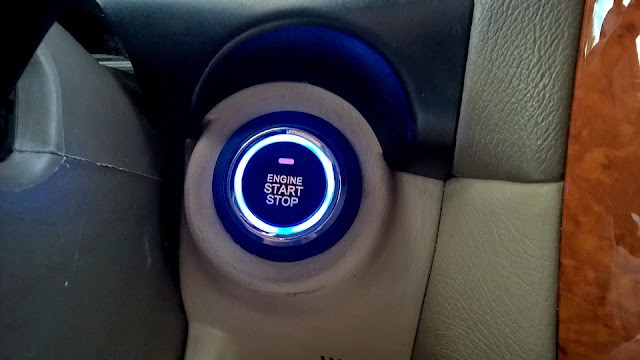Mobile Runtime Application Self-Protection has become increasingly important in today's mobile application landscape
Mobile Runtime Application Self-Protection (MRASP) refers to a security technology that allows applications to defend themselves against attacks while they are running. This technology operates within the runtime environment of an application and can detect, analyze and prevent attacks in real-time. It is a proactive approach to application security that can detect and respond to attacks without requiring any modifications to the application’s source code.
The use of Mobile
Runtime Application Self-Protection has become increasingly
important in today’s mobile application landscape, where the number of mobile
devices and applications is growing rapidly. Mobile applications face a range
of security threats, including unauthorized access, data leakage, malware, and
other types of attacks. MRASP technology helps to address these threats by
providing a layer of protection within the runtime environment of an
application.
Mobile Runtime Application Self-Protection
works by continuously monitoring the application’s behavior and detecting any
anomalous activities. It uses various techniques, such as behavioral analysis,
machine learning, and threat intelligence, to identify potential threats. Once
a threat is detected, MRASP can take immediate action to prevent the attack
from succeeding. This can include blocking suspicious network traffic,
terminating processes, or alerting security teams.
One of the key benefits
of MRASP is that it can protect against both known and unknown threats.
Traditional security solutions, such as firewalls and anti-virus software, rely
on known threat signatures to detect and prevent attacks. However, these
solutions are often ineffective against new or unknown threats. MRASP, on the
other hand, can use machine learning algorithms to detect and respond to
previously unseen threats.
Another benefit of Mobile Runtime Application
Self-Protection is that it does not require any
modifications to the application’s source code. This is important because many
mobile applications are developed by third-party vendors, who may not have
access to the source code. By operating within the runtime environment, MRASP
can provide an additional layer of security without requiring any changes to
the application itself.
MRASP can also help to
reduce the risk of false positives. Traditional security solutions often
generate a large number of false positives, which can be time-consuming and
costly to investigate. MRASP, however, can use behavioral analysis and other
techniques to minimize the number of false positives, making it easier for
security teams to focus on real threats.




Comments
Post a Comment